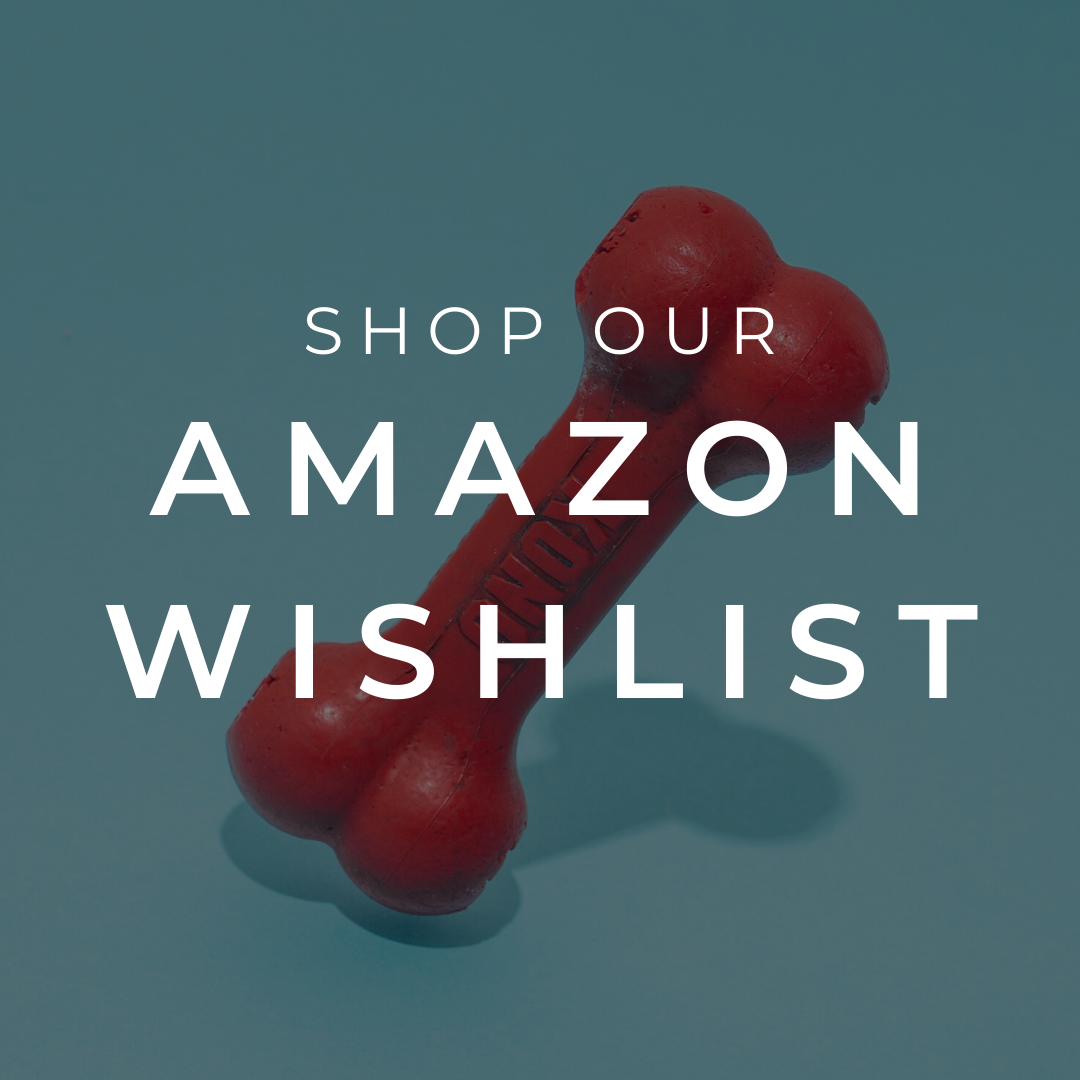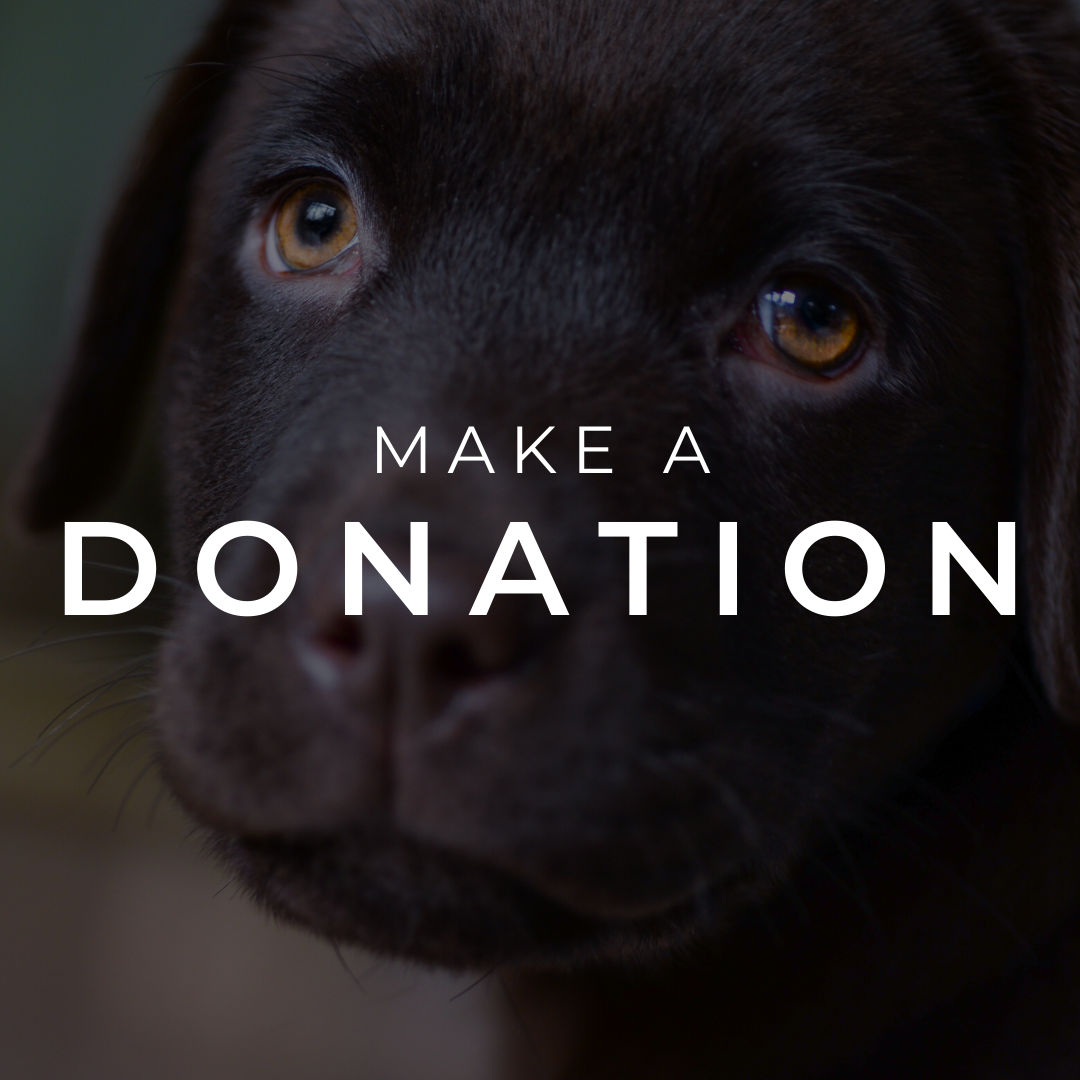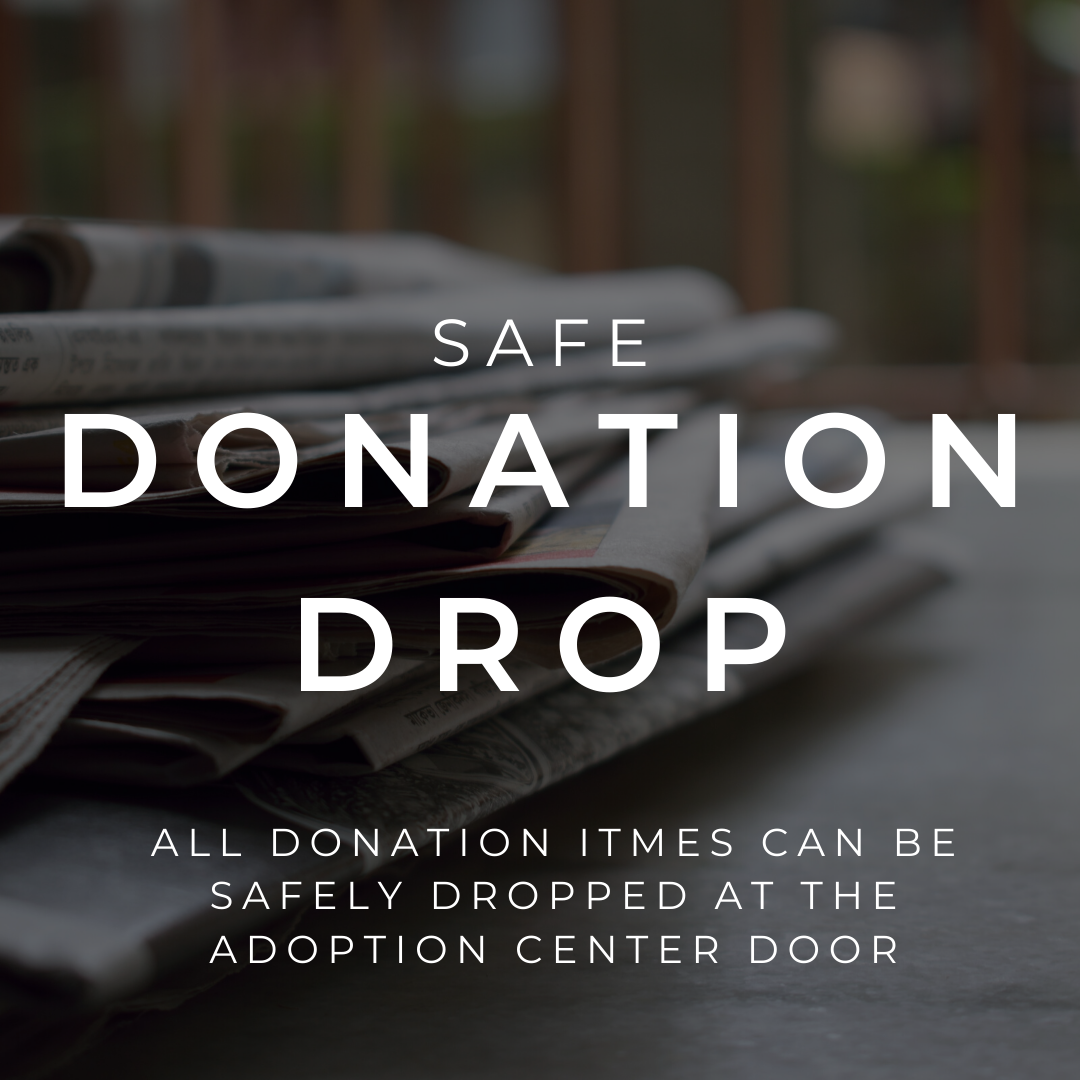
IMPORTANT UPDATES & MESSAGES ABOUT CORONAVIRUS (COVID-19)

THE GBHS ADOPTION CENTER CLOSED: TUESDAY, AUGUST 17TH - TUESDAY, AUGUST 31ST.
The Greater Birmingham Humane Society (GBHS) Snow Drive Adoption and Education Center will close to the public beginning Tuesday, August 17th until Tuesday, August 31st, 2021. Like most areas of our state, the recent spike in COVID-19 cases has resulted in staffing shortages and protective quarantines. In an effort to reduce further spread of the virus and to protect our animals, employees, and guests, we must make this difficult decision.
GBHS is working diligently with local rescue groups and out-of-state shelter partners to coordinate transports of adoptable animals to destination shelters where they can find loving forever homes. Three transports of approximately 50 adoptable dogs will be leaving in the next few days to partner shelters in Dane County, Wisconsin and Atlanta, Georgia. All remaining animals will continue to be cared for by the dedicated GBHS staff until we are able to reopen to the public for adoption.
To aid in decreasing the number of animals coming into the shelter, GBHS Animal Care & Control officers will continue to respond to emergency and high priority calls including injured or sick stray animals, cruelty and neglect complaints, bite complaints, and dangerous and aggressive dog complaints. However, Animal Care and Control officers will not be responding to what is considered by the National Animal Care & Control Association as non-emergency calls.
GBHS is also not accepting owner surrender animals currently. Owners in need of pet pantry assistance can visit the GBHS Pet Resource Center to apply for aid - https://gbhs.org/petresources.
We are deeply thankful for the support of the public and for our incredible rescue and shelter partners for helping us through this unparalleled time.
WE NEED YOUR HELP NOW MORE THAN EVER
Here are some alternative ways for you to help GBHS animals while staying safe from COVID-19.



